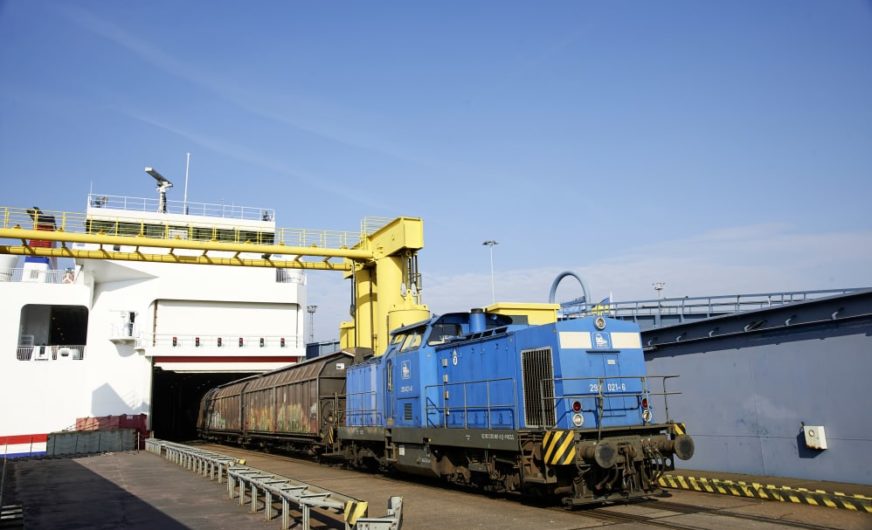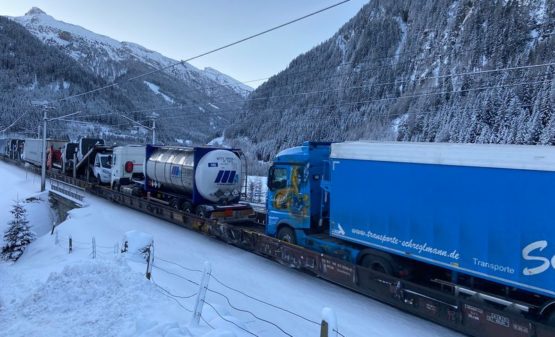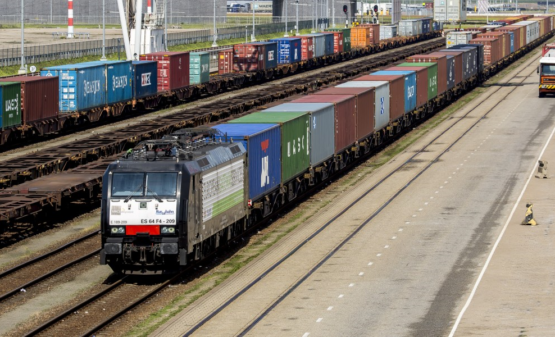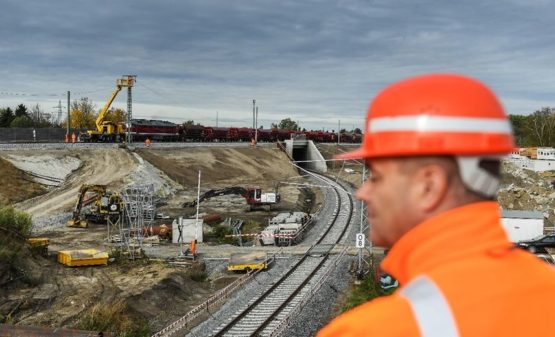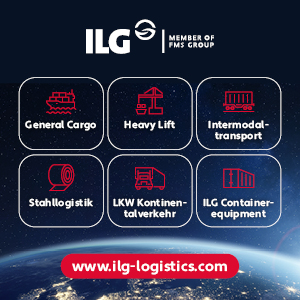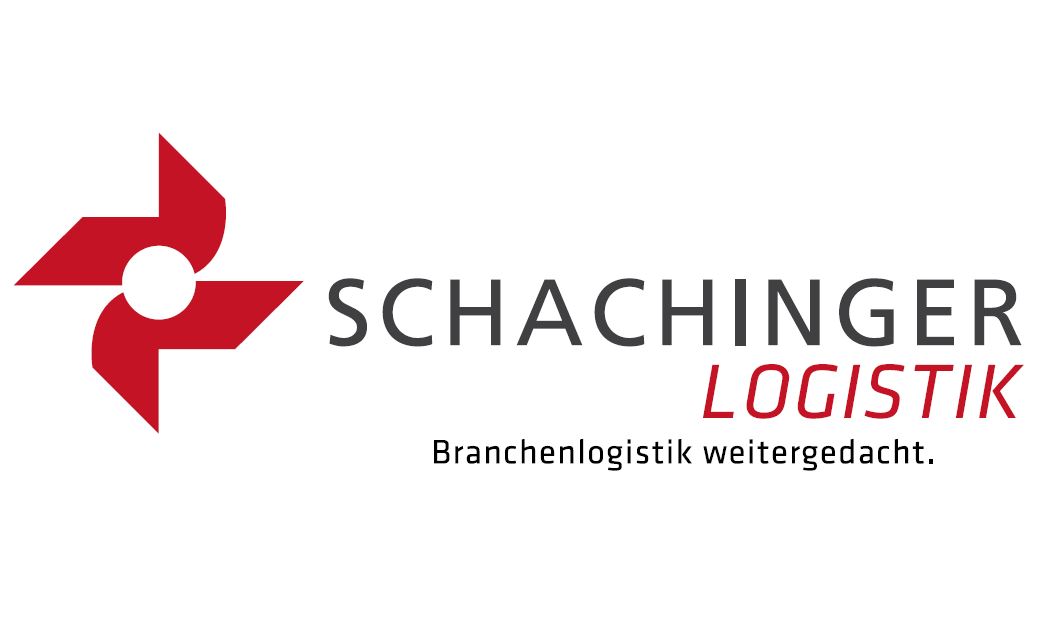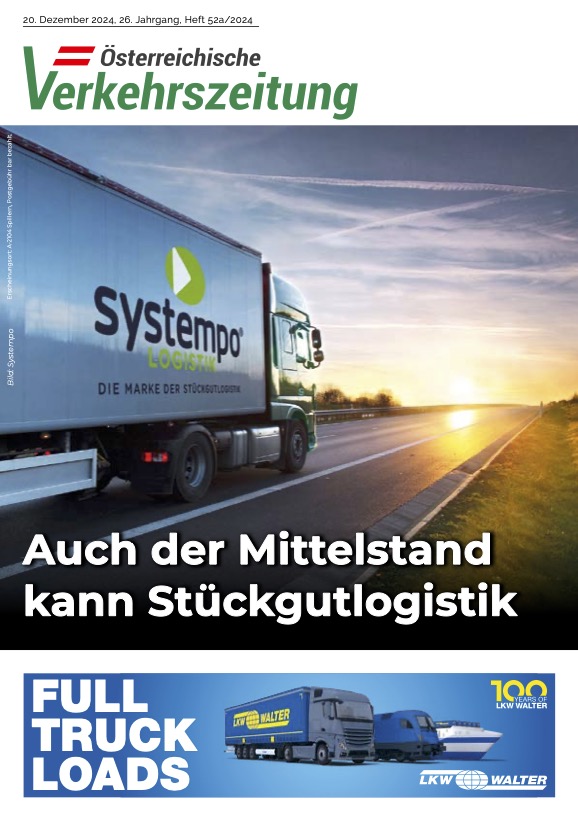Stena Line is the only ferry company offering direct conventional rail services between Sweden and Central Europe. Railway ferries have been operating between Trelleborg and Mecklenburg-Vorpommern in southern Sweden since 1994, combining two of the most sustainable modes of transport.
“Rail ferry traffic plays an important role in sustainable and resource-saving logistics. Every day we ship the largest railway ferries in the world, showing how well that works on Rostock-Trelleborg. We are looking back with pride on the last 25 years,” says Ron Gerlach, Trade Director and Managing Director Stena Line GmbH.
Of the once 200,000 wagons shipped annually between Rostock, Sassnitz and Trelleborg, less than 10 per cent are shipped today. The reason is the highly subsidized land transport for railways via Denmark and the fixed crossings. The dominant land-based focus is a challenge explained by Katrin Verner, Freight Commercial Manager Stena Line, as follows:
“If there are disruptions or closures due to work on the land route, we see a tremendous demand for instant solutions. When the road is free again, the demand decreases just as precipitously. We offer a high frequency with up to four departures per day to meet our regular customers’ as well as ad hoc demand. However, fixed timetables via Rostock-Trelleborg could improve the route’s efficiency,” says Katrin Verner.
For Ron Gerlach, the question is of fundamental strategic importance for Sweden and Germany: “Stena Line offers the last alternative to land transport to carry trains between the continent and Sweden. Since the operation of railway ferries, in addition to the existing business, is much more challenging than that of conventional ferries, we depend on fixed timetables and quotas in order to be able to operate economically.”
With unilateral path planning there is always the risk of complete failure. Therefore, it should be in the national interest of the railway companies in Sweden and Germany to plan their joint traffic accordingly,” said Ron Gerlach.
For Swedish MEP Anders Hansson, the Nautical Policy Spokesman for the Moderaterna faction in the Riksdag, rail transport is a strategically important part of Sweden’s supply and trade. He considers it politically and economically risky to rely on a single freight corridor. Therefore, the government must now take measures to strengthen the transport alternative via the Baltic Sea.


